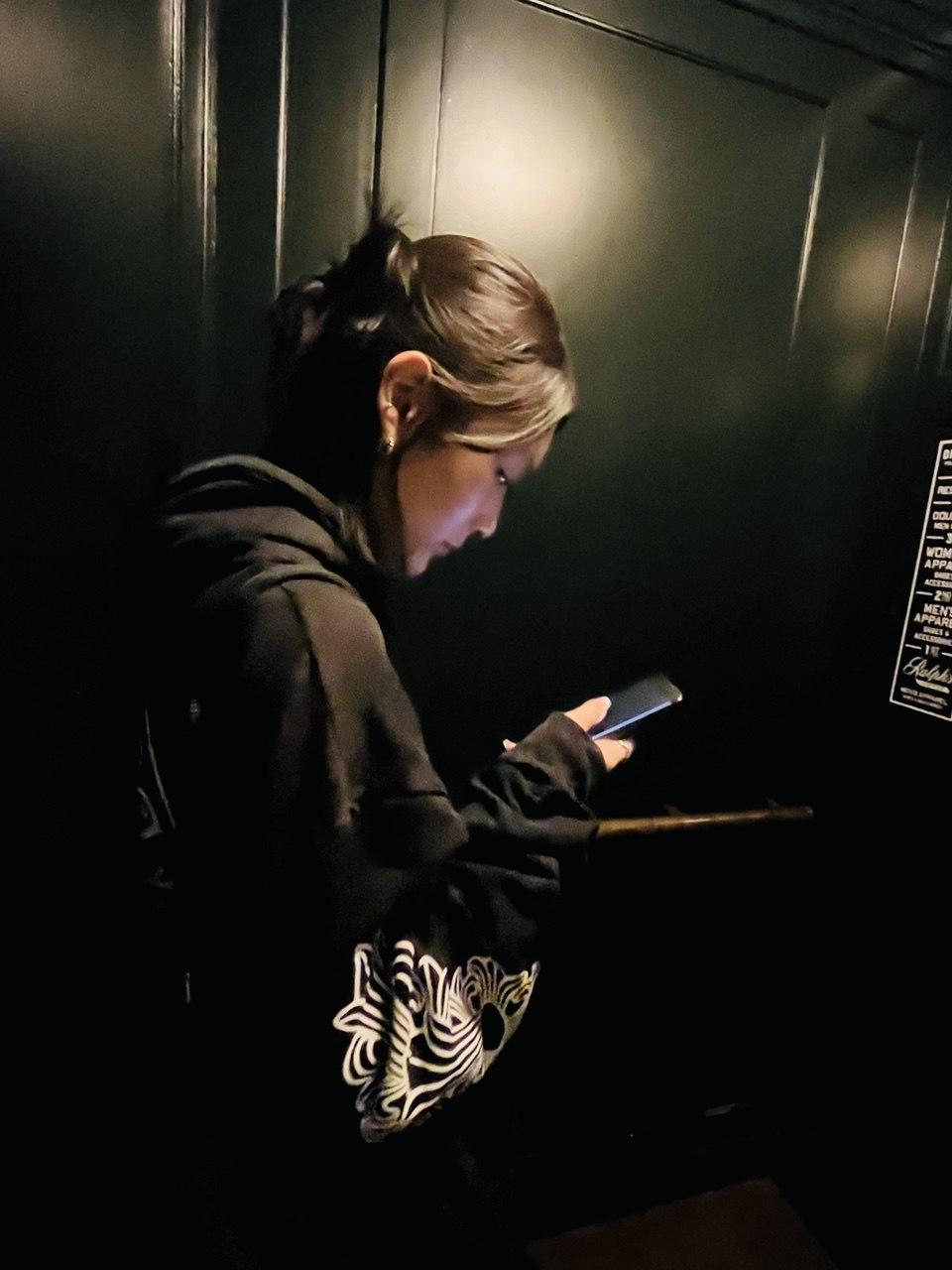Is Competition Always a Provider for Motivational Push?
- Ian Kim '27

- 5 days ago
- 2 min read
Updated: 4 days ago
Ian Kim '27 • Nov 10, 2025
In many areas of life, competition is seen as a motivator for success. However, when success depends on the failures of others, competition can quickly turn into something destructive. Instead of building community or improving well-being, competition often creates anxiety, resentment, and a fear of falling behind. These effects are visible in both literature and historical events , where the drive to out do others leads to harm rather than individual growth. Evidence from Shirley Jackson’s The Lottery, Harper Lee’s To Kill a Mockingbird, and the Cold War supports the idea that competition often does more damage than good.

First, Shirley Jackson’s The Lottery explores how competition for self-preservation can quietly destroy human connection. Although the ritual isn’t identified as a contest, it forces each person to hope someone else is chosen instead of them. This creates a silent, internal competition where survival depends on another’s loss. As a result, empathy fades, and people become passive bystanders to violence. No one challenges the injustice because doing so might put them at risk. Jackson uses this structure to show how competition—even when unspoken can make people prioritize safety over morality, ultimately weakening the bonds that hold communities together.
Second, To Kill a Mockingbird demonstrates how competition for social status leads to injustice. The people of Maycomb strive to maintain a racial and class hierarchy, often at the expense of truth and fairness. When Tom Robinson, a Black man, is wrongfully accused of a crime, the community chooses to protect its social position rather than

acknowledge the evidence. Atticus Finch’s defense of Tom is rejected not because it lacks merit, but because it threatens the majority's standing. The trial becomes a reflection of how competition for power can blind a society to justice, turning individuals into rivals instead of a bonded community.
Lastly, the Cold War offers a historical example of how large-scale competition breeds fear and instability. After World War II, the United States and the Soviet Union entered into a decades-long rivalry over global influence, technology, and military strength. Each side feared falling behind, leading to an arms race, wars, and widespread instability. Instead of cooperation to rebuild the world, nations invested in winning each other, often ignoring domestic needs. This state of tension illustrates how competition between powerful groups can create long-term insecurity and reduce opportunities for global progress.
In all of these examples, competition divides rather than unites, harms rather than helps. Whether it’s individuals in a bonded community, families in a racially divided town, or nations locked in rivalry, the pressure to win at the expense of others leads to fear, silence, and injustice. Competition may promise success, but when it comes at such a cost, it becomes more harmful than motivating.







Comments